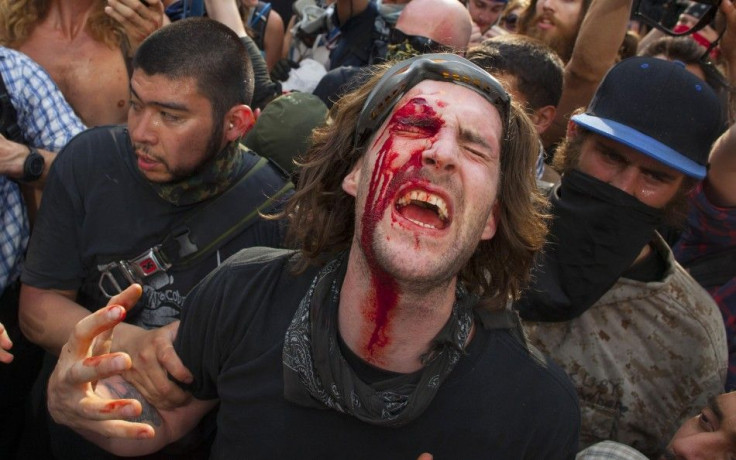U.S.-Pakistan Supply Route Battle Mars NATO Summit

A row between the United States and Pakistan over the opening of supply routes to Afghanistan is threatening to overshadow a NATO summit in Chicago, where world leaders are trying to negotiate their exit from the war-torn country.
The two sides have so far failed to agree on a strategy to re-open the vital supply routes between Pakistan and Afghanistan, which have been closed since a U.S. air-strike killed 24 Pakistani soldiers in November.
President Barack Obama, allegedly growing weary with the Islamabad's heel dragging over the issue, refused to meet with his Pakistani counterpart Asif Ali Zardari.
An unnamed U.S. official told Britain's The Times newspaper, Patience with Pakistan is wearing thin, not just in the US but also in the Nato alliance.
The Pakistanis have demanded the U.S. issue a public apology, change its policy on drone strikes in Pakistani territory and pay a $5,000 transit fee for vehicles using the corridor -- up from the current tariff of $250.
But it is not just getting supplies in that bothers NATO leaders. The 28-nation alliance desperately needs to ultimately plan to withdraw the 130,000 troops and tons of equipment in Afghanistan, something a supply route to Pakistan would greatly assist.
Mehmet Fatih Ceylan, the senior Turkish foreign ministry official responsible for NATO, said Pakistan would remain a key route out for Western forces.
Countries in the region should also help our efforts for taking people back, together with the materials and other equipment, he told Reuters.
It's a big challenge ... and this is a new dimension people are focusing on now.
The impasse comes as NATO is expected to endorse the U.S.-backed strategy for a gradual exit from Afghanistan on Monday, a move aimed at holding together an allied force scrambling to cope with France's decision to withdraw its troops early.
U.S. President Barack Obama and NATO partners want to show their war-weary voters the end is in sight in a conflict that has dragged on for more than a decade while at the same time trying to reassure Afghans that they will not be abandoned.
Newly elected French President Francois Hollande insisted he would stick to his country's early withdrawal, and have all French troops out of Afghanistan by the end of 2012.
The Allies have also been deciding how to fund Afghanistan's $4.1 billion annual security bill after 2014.
Obama is trying to secure pledges from other nations for at least $1.3 billion, despite Europe's deepening sovereign debt crisis.
© Copyright IBTimes 2024. All rights reserved.



















